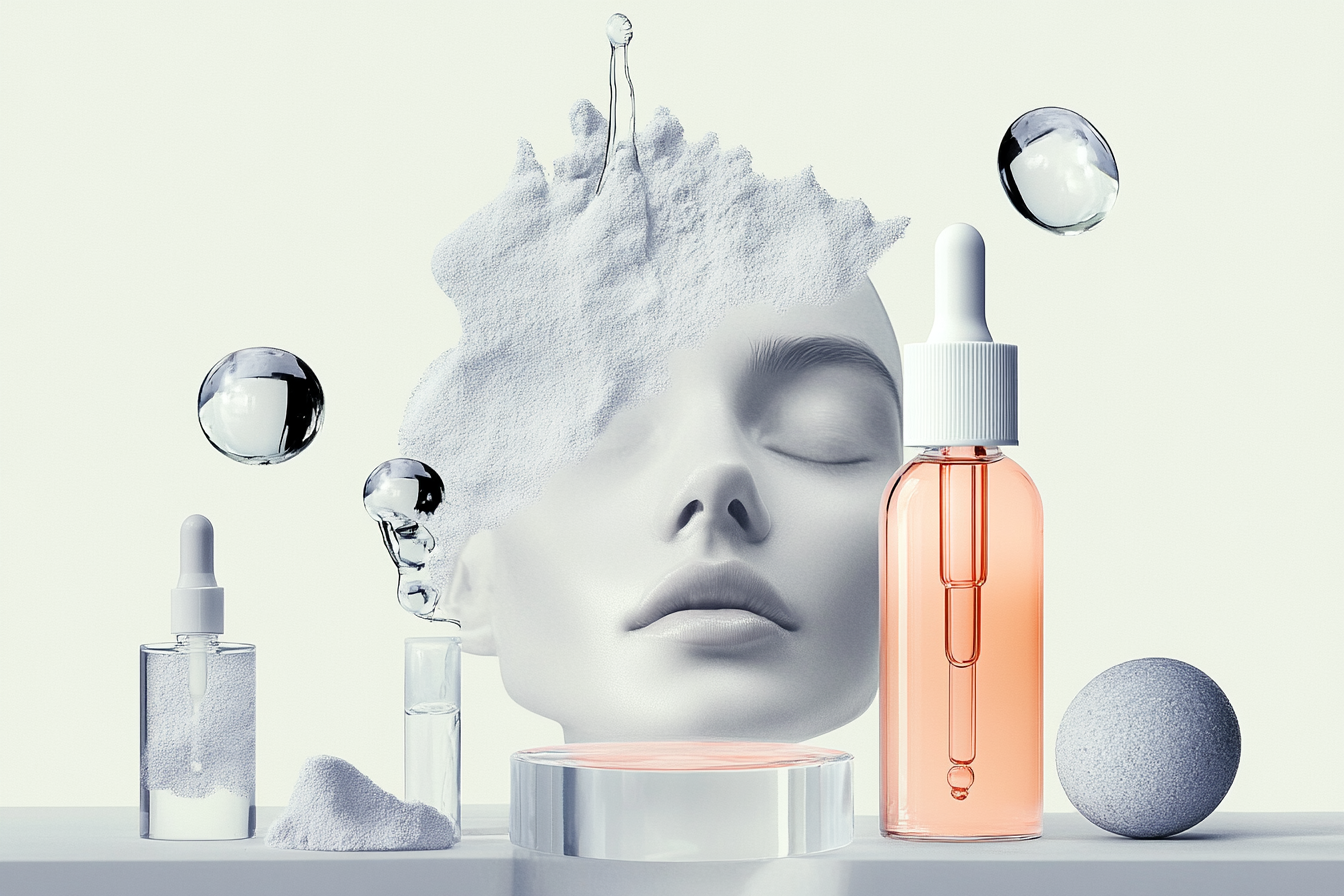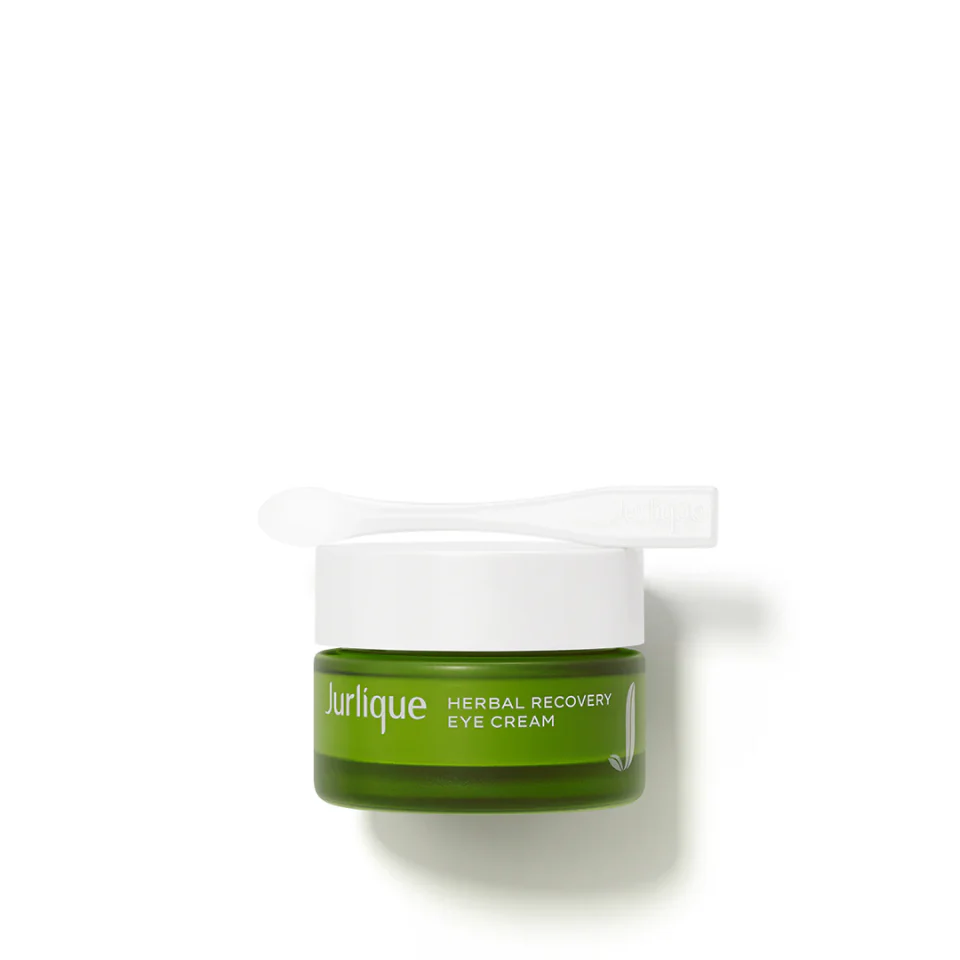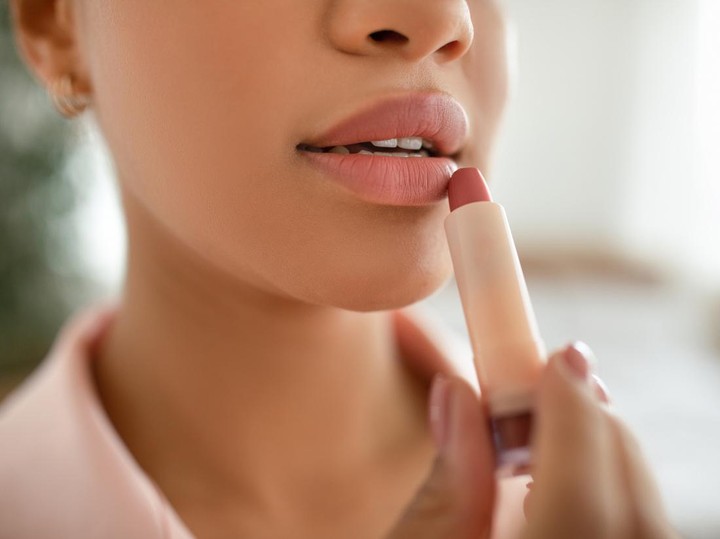In 2025, beauty brands are embracing biotech‑derived ingredients—cultivated in controlled environments like yeast, algae, or bacteria—to deliver consistent, sustainable, and high-performance skincare. These lab-grown compounds—such as vegan squalane and microbial peptides—mirror or improve upon their natural counterparts without ecological strain from over-harvesting or animal sources. Cosmetic chemists emphasize that such bio-identical ingredients offer purity, stability, and high tolerability, making them ideal for sensitive or discerning skin types.
This scientific approach is being backed by both industry leaders and academic research. Dermatologists note that biotech ingredients like exosomes, PDRN, and miniproteins promote skin regeneration, hydration, and elasticity more effectively than traditional formulas. Early clinical trials and peer-reviewed studies suggest significant improvements in texture and barrier health when applied topically or via assisted methods like microneedling.Expert commentaries reinforce the credibility and innovation at play.
Brands adopting this model are prioritizing transparency—publishing sourcing protocols, testing outcomes, and regulatory approval steps. Labelling biotech actives with dosage references, trial data, and dermatologist endorsements ensures customers trust their efficacy and safety. When framed as science-driven innovation rooted in rigorous oversight, biotech skincare becomes not just trendy—but authoritative, expert, and trustworthy—a compelling story for both conscious consumers and professional editors alike.





